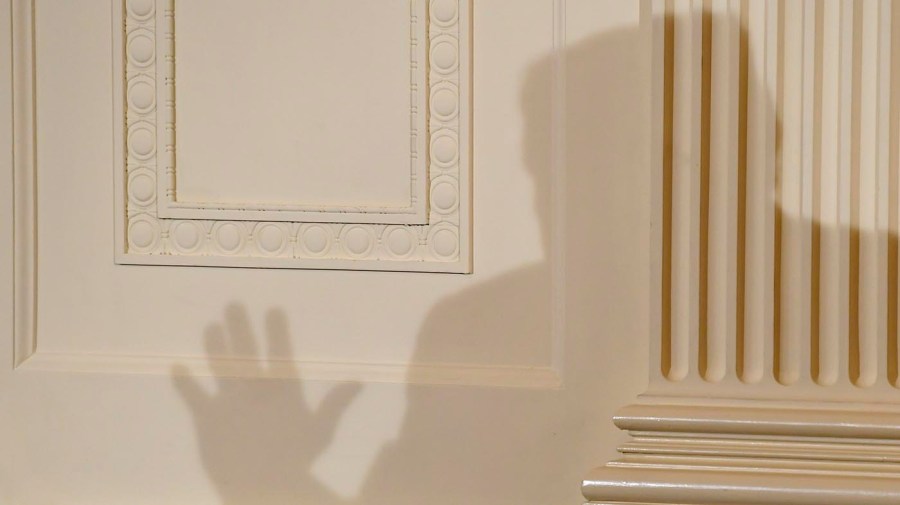‘No Trump, no vote’ — where will MAGA purists go in 2028?

It can certainly be argued that hate and passion played an oversized role in motivating Americans to vote in the last three presidential elections. Out of the approximately 77 million votes President Trump got in November of 2024, tens of millions were pure “MAGA” voters. That means they were not voting for any particular policy so much as they were voting for one man: Trump.
Like it or not — like him or not — Trump truly is a “once in a century” personality. He has that elusive “it factor” that can’t be faked, imitated or bought. You either have it, or you don’t. Trump has it in spades, and he’s come into the last three elections with tens of millions of guaranteed votes in his back pocket.
But folded within that reality is a potentially huge problem for the Republicans come 2028. A large percentage of those voters either had not voted in years or had never voted at all. They came out to vote for one reason and one reason only: their passion for, and belief in, Trump. Knowing that, the very serious question for the Republican Party to contemplate is: How many of those millions of “Trump-only voters” will stay home once Trump is no longer a candidate?
The love and passion MAGA has for Trump is truly a remarkable phenomenon. It is real and it is deep. When Trump is finally off the national political stage, there is no doubt that a percentage of that vote is going to stay home. Perhaps a few million will decide that it’s “no Trump, no vote.”
That sounds like exceedingly good news for the Democratic Party. Some Democrats might think that presidential elections often come down to a few hundred thousand votes spread across a handful of states. With millions of Republican votes instantly taken off the map, they may think they can’t lose. But they can, actually — quite easily, because the Democratic Party is going to have to deal with a potentially greater “millions of votes taken off the map” problem than the Republicans.
Here’s why: It can also be credibly argued that in the last three presidential elections of 2016, 2020 and 2024, Trump was also their own voters’ main motivating factor. There was much less passion for Hillary Clinton, Joe Biden or Kamala Harris than there was pure, unadulterated, unhinged hatred of Trump.
I have been in and around politics for decades, and I have never experienced anything close to it. Even within my greater circle of family and friends, such hatred has reared its ugly head. It is ending friendships and leading Trump-hating family members to cut ties with family members who don’t see it the same way.
Occasionally, I have found the chance to ask Trump-haters which policies of Trump’s are causing such a visceral reaction. In one case, I received a blank stare in response, then a few seconds of silence before the answer: “I just hate him. I hate him.”
I can say for sure that in my sampling of friends and family, all who voted for Clinton, Biden and Harris were really voting against Trump — in many cases without knowing much or anything about his or his Democratic opponents’ policies.
That, in turn, raises the obvious and most critically important political question of this election cycle. As with the pure MAGA vote likely to stay home in 2028, how many of those “hate Trump” voters will also stay home once Trump is off the political stage for good?
Should that prove to be a reality, maybe the Democrats will be the ones with a voter-motivation problem in 2028. Only time will tell.
Douglas MacKinnon is a former White House and Pentagon official.